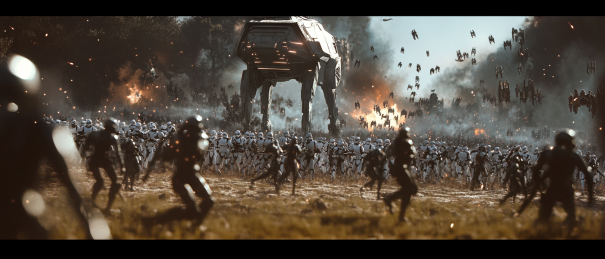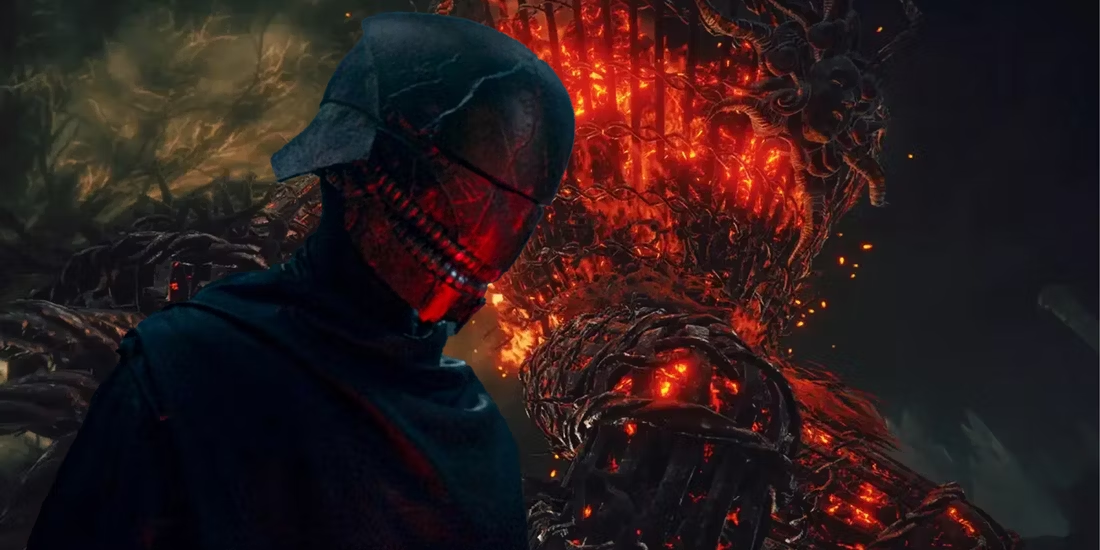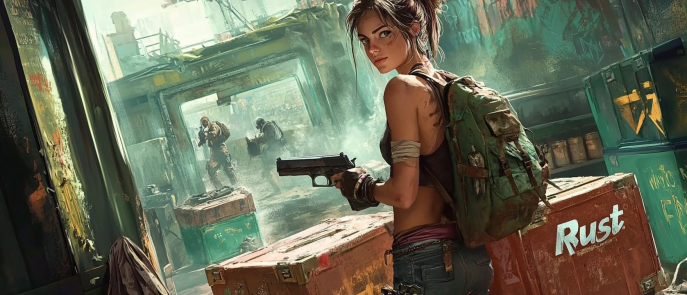Few elements of the Star Wars universe spark as much moral and philosophical debate as the clone armies of the Republic. Born in test tubes and bred for war, the clones raise thorny questions about autonomy, rights, and the ethics of creating life solely for combat. This isn’t just a Star Wars problem—it’s a deep dive into politics, morality, and the gray areas in galactic ethics.
Let’s journey to a galaxy far, far away and unpack the ethical and political implications of the Republic’s reliance on clone armies. Spoiler alert: things get messy.

The Origins of the Clone Army: A Political Gamble
The clone army wasn’t just a military decision; it was a political maneuver. Commissioned by the Jedi Master Sifo-Dyas (though with some suspicious Sith meddling), the Republic’s reliance on clones was meant to solve an urgent crisis—the threat of the Separatists. At first glance, the plan seemed genius. No need for a draft, no outcry from citizens, and an army ready-made to defend democracy.
But here’s the catch: the clones were bred to obey without question. The Republic essentially outsourced its morality, creating a disposable workforce of genetically identical beings. This reliance on clones also set a dangerous precedent: What does it mean when a government sidesteps the consent of its military entirely?

The Rights of Clones: Human, Droid, or Something Else?
One of the most pressing ethical questions is simple yet profound: Are clones people? They look human, think human, and act human. Yet, in the Star Wars universe, they’re often treated as property, akin to droids. Unlike droids, however, clones are flesh and blood. They feel pain, form bonds, and even develop unique personalities, despite being identical on a genetic level.
Consent: The Ethical Crux
The clones didn’t choose their fate. From the moment they were conceived, their destiny was predetermined: train, fight, and die for the Republic. This lack of choice strips them of autonomy, a fundamental right in most ethical frameworks. Imagine being created for the sole purpose of fighting wars you didn’t start and having no say in the matter. It’s like being drafted at birth, only worse—because you don’t even get to complain.

Exploitation or Necessity? The Political Justifications
Politically, the Republic’s decision to use clones was pragmatic. Faced with a galactic war, leaders needed soldiers who could be deployed immediately. Training organic recruits takes years, and even volunteers might balk at the horrors of interstellar combat. Clones, however, were pre-programmed for obedience and battlefield readiness.
But this practicality comes at a cost. By relying on clones, the Republic avoided addressing the root causes of conflict, outsourcing both the fighting and the moral consequences to a manufactured army. It’s a Band-Aid solution that raises the question: Is it ever ethical to sacrifice the rights of a few for the convenience of the many?

The Jedi Dilemma: Guardians of Peace or Hypocrites?
The Jedi, the self-proclaimed keepers of peace and justice, found themselves in a moral quagmire. While the Republic wielded the clone army, the Jedi became its generals, directing soldiers bred for obedience. For an order that preaches compassion and the sanctity of life, this feels hypocritical.
The Jedi often justified their actions as necessary to preserve the Republic, but their involvement blurred the line between guardians and warmongers. Did they truly believe in the clone army’s cause, or were they complicit in perpetuating a system of exploitation?
The Moral Question of Genetic Engineering
Cloning isn’t just about creating soldiers—it’s about controlling them. The Kaminoans, the galaxy’s premier cloning experts, designed the clones to age rapidly, ensuring they were battle-ready in record time. They also engineered obedience and loyalty, essentially programming morality out of the equation.
This genetic manipulation raises broader ethical concerns. Should life be engineered to serve specific purposes? And if so, who decides those purposes? The Kaminoans might see it as science, but others could argue it’s a form of bio-slavery.

Clones vs. Droids: A Battle of Ethics
In the Clone Wars, the Republic’s clone army often faced off against the Separatists’ droid army. On paper, it seems straightforward: clones represent humanity, while droids are cold, unfeeling machines. But the reality is murkier.
Droids, while artificial, were programmed to fight without consent, just like clones. The key difference is sentience. Clones possess individuality and the capacity for free thought (even if stifled), while droids follow pre-programmed commands. However, if we consider droids like R2-D2 or C-3PO, who display personalities and emotions, the ethical gap between the two narrows.
This parallel invites uncomfortable questions: Is the Republic’s reliance on clones fundamentally different from the Separatists’ use of droids? Or is it just a prettier form of exploitation?

The Fallout: What Happens After the War?
Wars end, but their consequences linger. The clones, bred for battle, face an uncertain future once the fighting stops. In the Star Wars universe, the post-war period wasn’t kind to the clones. The Empire quickly phased them out, replacing them with conscripted stormtroopers. This decision wasn’t just about efficiency; it was a subtle acknowledgment of the clones’ humanity and the challenges of controlling a sentient military force.
But this transition left the clones in a precarious position. Without a war to fight, many struggled to find purpose, highlighting the ethical failure of creating life solely for combat. It’s a stark reminder that even in a galaxy far, far away, societies often fail to care for their veterans.
Lessons for Our Own Galaxy
While Star Wars is fictional, the ethical dilemmas it presents resonate in our own world. The creation and use of a clone army parallels debates about artificial intelligence, genetic engineering, and the morality of war. How do we balance technological advancements with ethical considerations? At what point does pragmatism become exploitation?
The Republic’s reliance on clones serves as a cautionary tale, reminding us of the dangers of sacrificing individual rights for collective convenience. Whether in science, politics, or war, the choices we make about life’s value shape the societies we build.

Conclusion: A Galaxy of Gray Areas
The ethics of clone armies in Star Wars aren’t black and white—they’re as complex as the galaxy itself. The Republic’s reliance on clones reveals uncomfortable truths about politics, morality, and the cost of convenience. It challenges us to think critically about the value of autonomy, the rights of individuals, and the broader implications of creating life for a singular purpose.
Ultimately, the clones’ story is one of resilience. Despite being created as tools of war, they found ways to assert their humanity, forming bonds, making choices, and carving out identities in a galaxy that often refused to see them as people. Their journey reminds us that ethics aren’t about easy answers—they’re about asking the hard questions and striving for something better, even when it feels impossible.
So, whether you’re pondering the rights of clones or just rewatching The Clone Wars, remember: every galaxy, no matter how distant, has lessons to teach us.
Stay up-to-date with the latest news, updates, and exclusive content! Click here to follow us on Google News and never miss a story from the galaxy and beyond.










